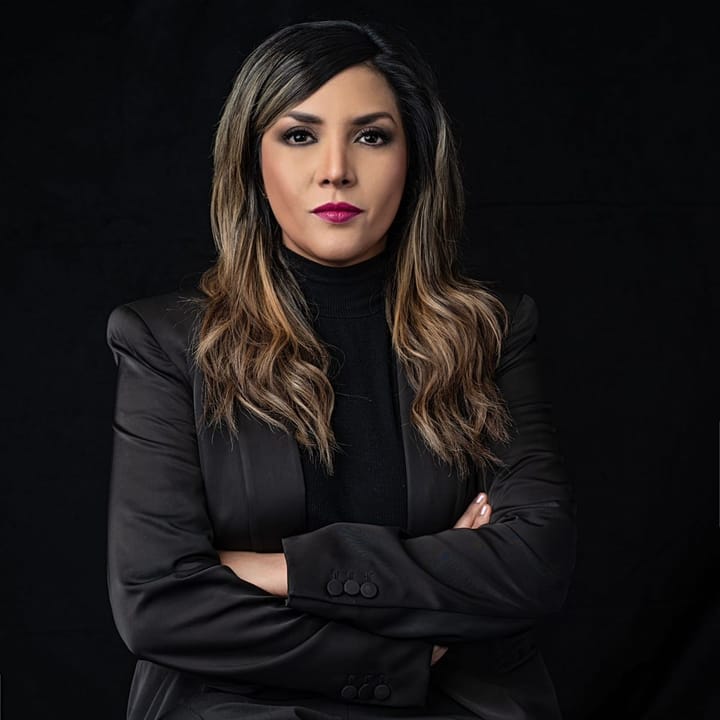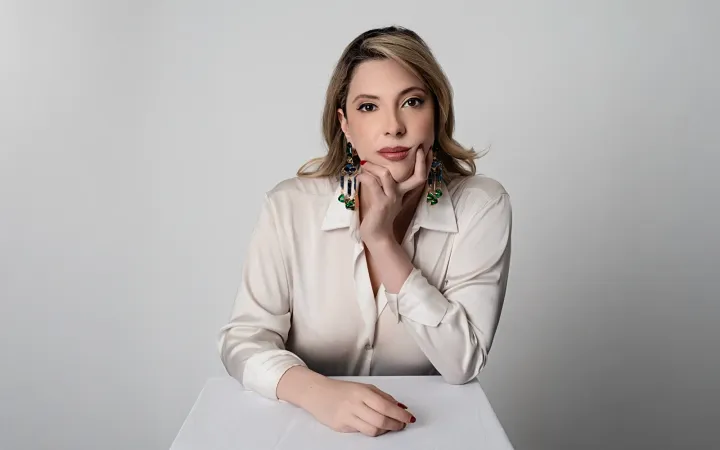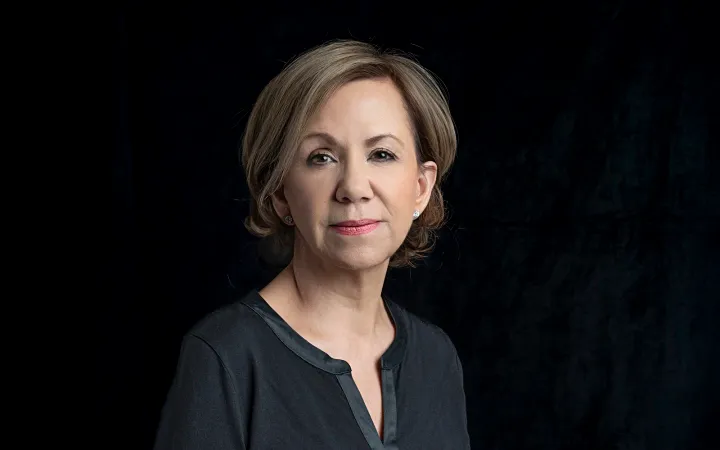Por Sandra Romandía
La reciente designación de seis cárteles mexicanos como organizaciones terroristas por parte del presidente Donald Trump ha generado una tormenta de debates y cuestionamientos. Sin embargo, más allá de la polémica, surge una interrogante aún más inquietante: ¿por qué limitarse a seis? En el vasto y complejo entramado del crimen organizado en México, existen otros grupos igualmente peligrosos que, al ser omitidos de esta lista, parecen operar bajo una sombrilla de impunidad.
Tomemos, por ejemplo, al Cártel de Juárez, también conocido como “La Línea”. Este grupo ha sido señalado por las autoridades mexicanas como responsable de la atroz masacre de la familia LeBarón en 2019, un acto que dejó nueve muertos, incluyendo seis niños. A pesar de la brutalidad de este crimen, que conmocionó a la opinión pública internacional, La Línea no figura en la lista de organizaciones terroristas de Estados Unidos. ¿Acaso la geopolítica selectiva dicta qué atrocidades merecen ser etiquetadas como terrorismo?
Otro caso emblemático es el de los Guerreros Unidos y Los Rojos, grupos implicados en la desaparición forzada de los 43 estudiantes de Ayotzinapa en 2014. Este hecho, que desnudó la colusión entre el crimen organizado y las autoridades locales, sigue siendo una herida abierta en la sociedad mexicana. Sin embargo, la administración Trump ha decidido pasar por alto a estos actores en su cruzada contra el terrorismo. ¿Será que la memoria selectiva también es una herramienta de la diplomacia?
La Barredora, activa en Tabasco, ha sido acusada de operar bajo la protección de altos funcionarios de seguridad durante la administración de Adán Augusto López. Esta connivencia entre el poder político y el crimen organizado plantea serias dudas sobre la eficacia y sinceridad de las políticas de seguridad. Sin embargo, este cártel tampoco ha sido objeto de la designación terrorista por parte de Estados Unidos. ¿Podría ser que la corrupción endémica sea un tema demasiado incómodo para abordarlo frontalmente?




